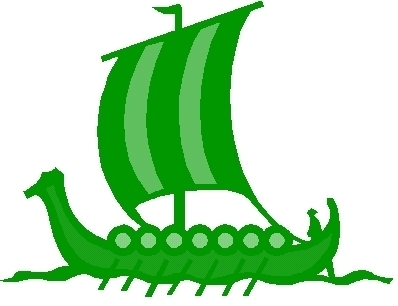Maths
Intent:
At Wittersham CEP School, we promote a love of mathematics. We support children in exploring mathematical ideas and concepts to promote lifelong learning. We strive to ensure that skills and strategies are embedded to enable children to apply their maths in a variety of ways. We encourage our pupils to become confident and competent mathematicians who are able to work fluently with number and are able to reason and solve problems within real-life contexts.
Implementation:
In all year groups, we base our maths curriculum on the White Rose Maths scheme. This is adapted and resources utilised to ensure fluency in concepts and strategies. Content is taught in units with regular assessment opportunities. Formative assessment takes place on a daily basis and teachers adjust their planning accordingly to meet the needs of their class. Summative assessment takes place at the end of each unit.
White Rose Maths promotes kinaesthetic learning to ensure children acquire fluency of skills by introducing concepts in a practical/concrete way before progressing to pictorial then abstract. Each of the four operations (addition, subtraction, multiplication and division) are explored throughout the school following this approach.
- Concrete– Children use concrete objects and manipulatives to help them understand and explain what they are doing.
- Pictorial– Children build upon this concrete approach by using pictorial representations, which can be used to aid reasoning and problem solving.
- Abstract– With a secure foundation of knowledge firmly in place, children can move on to an abstract approach using numbers and key concepts with confidence.
Mathematical reasoning skills are developed through 'maths talk' during whole class and small group. In all sessions, children are given the opportunity to show mastery of concepts by applying mathematical knowledge in different contexts.
Impact:
Children at our school become fluent and confident in using the four operations and are able to apply these in different contexts. They develop a secure understanding of number, shape and measures, fractions and decimals, money and time. Pupil's learning in maths is linked to the ‘real world’ as much as possible in order that children of all ages appreciate its importance and relevance. The children are able to apply their mathematical skills in other areas of learning such as science and design technology.
